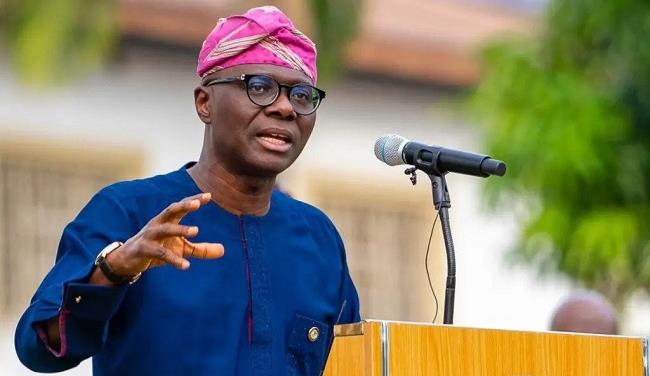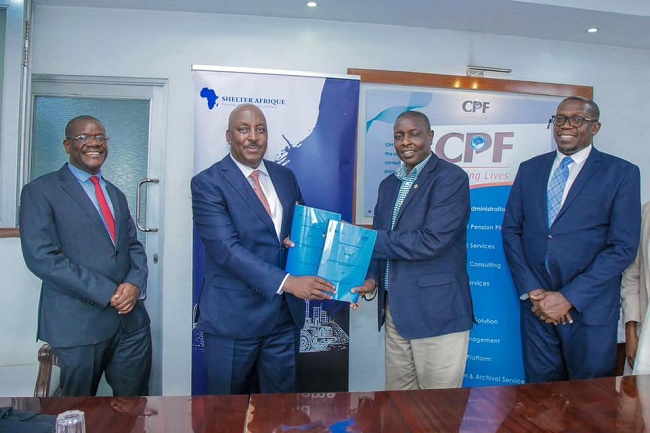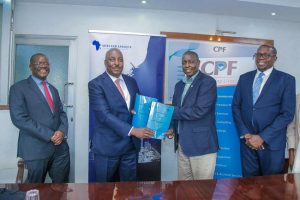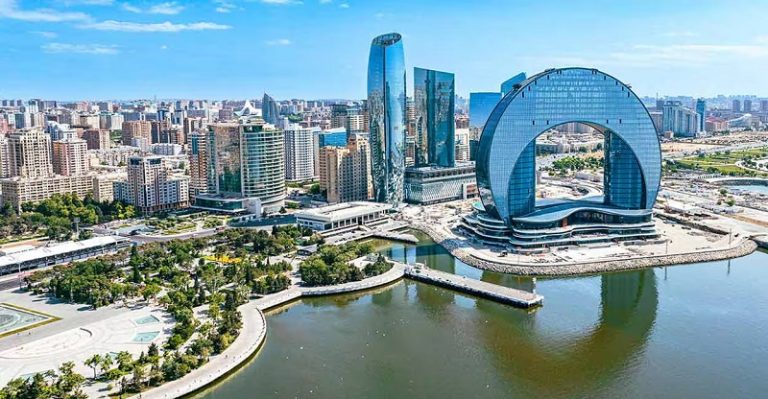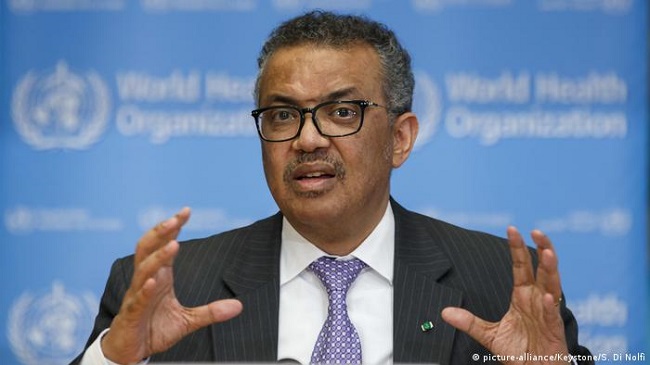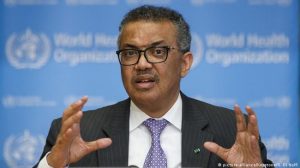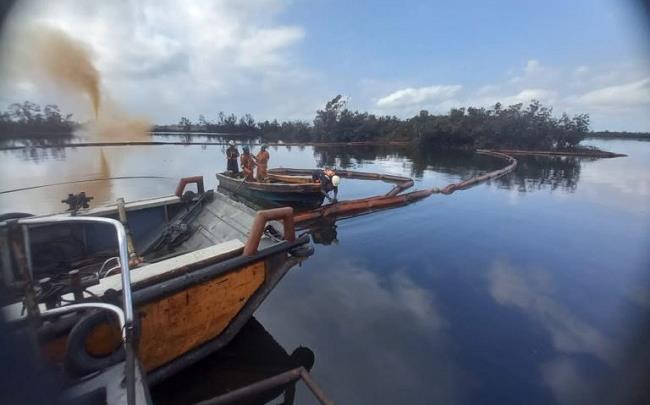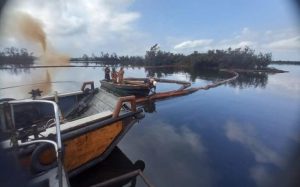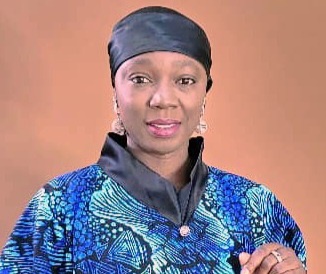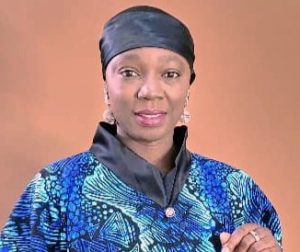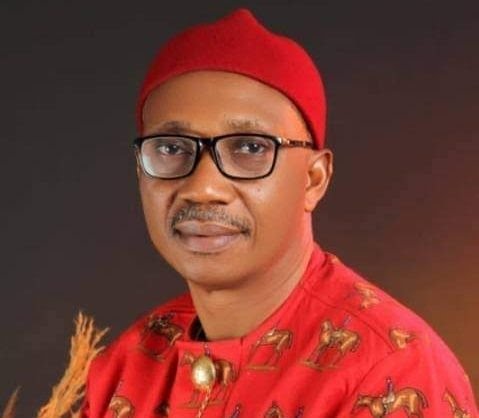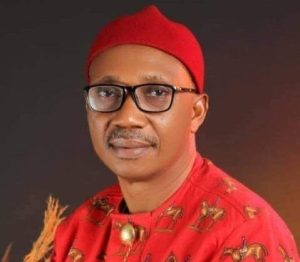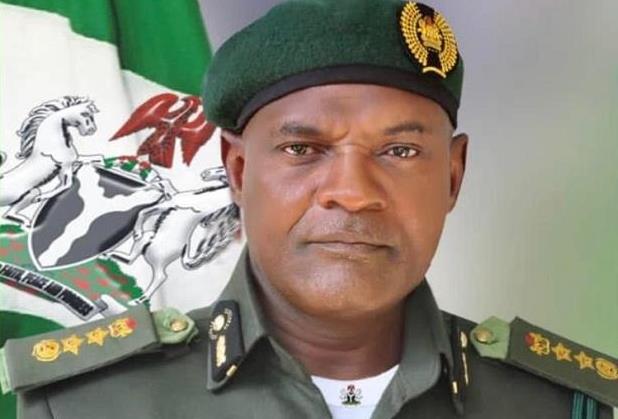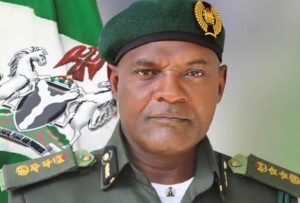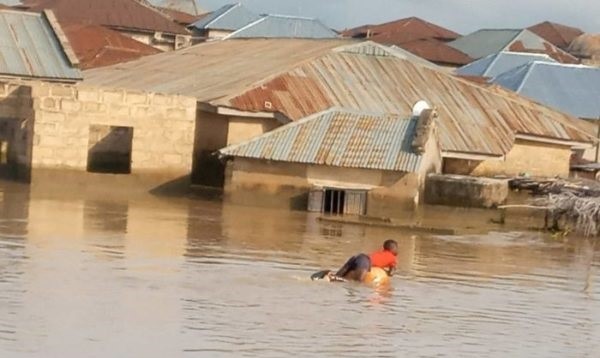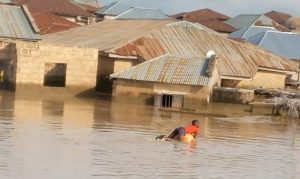Lagos State emerged the top ranked state in Nigeria with 182 points at the just concluded first-ever climate governance performance ranking of Nigeria’s subnational. This was revealed during the launch of the report which was championed by the Society for Planet and Prosperity (SPP) in close collaboration with the Department of Climate Change (DCC) of the Federal Ministry of Environment, in Abuja on July 25, 2024.
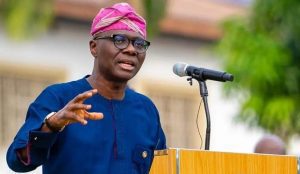
The announcement of the Climate Governance Performance Rating and Ranking (CGPRR) of Nigeria’s 36 States 2024 result was jointly made by the Minister of Environment, Mallam Balarabe Lawal, the Minister of State for the Environment, Dr Iziak Salako, and the President of the Society for Planet and Prosperity, Professor Chukwumerije Okereke, at the official launch event.
Lagos State was the only state rated as “outstanding” among the 36 states of Nigeria, reflecting their feat in exceptional performance in the five criteria used for the ranking, namely Climate Institutions and Governance, Climate Policy and Action Plan, Climate Implementation of Project and Online Visibility.
Lagos was one point short of Gombe State in the overall score and ranking for institutional arrangement and administrative structure among the 36 states. It shared the top position with five other states in the total score and ranking for having in place climate change policy and action plans which set emission reduction targets that contribute to the national efforts reflecting key commitments of the state to global climate ambition.
Lagos State emerged the top in the thematic rating for climate change projects’ implementation and having in place a system for effective monitoring, evaluation and reporting (MER) of climate impact and/or actions ahead of other states. Lagos also went ahead to share the top spot with eight other states on online visibility regarding climate change activities, having functional websites (or links on the state official website) for the Ministry of Environment/Climate Change and with several pages showing dynamic web activities.
In terms of budgetary allocation for climate action, Lagos shared second position with 19 other states behind Gombe among the states that considered climate change in their respective 2024 annual budgets with proper tagging of climate change projects.
There is no doubt that Lagos State plays a pivotal role in the Nigerian economy as the nations’ commercial hub with record of almost 30% of Nigeria’s Gross Domestic Product (GDP). Despite this status, Lagos has continued to grapple with serious climate change-related challenges. Over the years, the state has recognised that climate action is not only an environmental necessity but also an economic imperative pushing the state government for greater climate action.
Dubbed the Centre of Excellence, Lagos demonstrates inspiring climate action which prioritises zero-carbon development goals in several sectors including transport, agriculture, energy, and waste management. In its continued drive for greater ambition, the state has engaged with international organisations and frameworks, such as the C40 Cities Climate Leadership Group, which supports cities in developing and implementing climate strategies, all of which may have contributed to the states outstanding performance.
In his signed statement via X (formerly twitter), the Commissioner for Environment and Water Resources, Lagos State, Tokunbo Wahab, wrote: “I am delighted to announce that Lagos State came 1st amongst the 36 States and FCT in Climate Governance Performance ranking conducted by the Federal Ministry of Environment and Society for Planet & Prosperity.
“This great feat is as a result of the Lagos State government’s deliberate commitment and unwavering dedication to environmental sustainability and its proactive approach to addressing climate change challenges.”
While acknowledging the Lagos State Governor in his post, the Commissioner wrote: “Under the visionary leadership of His Excellency, Governor Babajide Sanwo-Olu, the Lagos State Government has prioritised climate action as a cornerstone of its development agenda. Through strategic planning, robust policies, and innovative initiatives, we have made significant strides in mitigating the impacts of climate change while fostering a sustainable future for our residents.
“This prestigious recognition is a validation of our relentless efforts to create a cleaner, greener, and more resilient Lagos,” he concluded.
The report, which recognises and recommends that there are still loads of work to be done across all the 36 states, acknowledges that Lagos has taken a quantum leap ahead of others in effective climate governance and action.
The complete report is available via the link: https://sppnigeria.org/subnational-climate-governance-performance-ranking-report/

